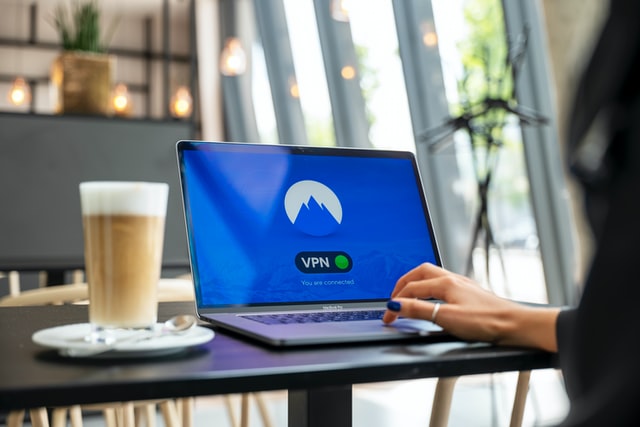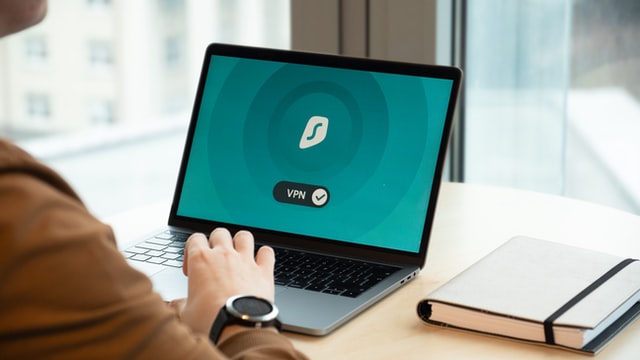When it comes to choosing the right VPN, there are a lot of factors to consider. You need to find a provider that offers the features you need, while also being affordable and reliable. In this blog post, we will discuss some tips for choosing the right VPN service. We will cover everything from encryption levels to server locations, so you can make an informed decision about which provider is best for you.
If you want to access content that is blocked in your region, you need to make sure that the VPN you choose can get around regional restrictions. Some providers offer servers in specific countries that can bypass these restrictions. Others use special protocols that allow you to tunnel through the restrictions. Make sure to check what features a provider offers before making your decision. With a good VPN, you can do things like watch BT Sports in USA and listen to Pandora outside the US. You can also access geo-blocked content on Netflix and Hulu.
When choosing a VPN, it's important to consider the security experience of your vendor. Make sure they have a good track record when it comes to keeping their servers secure. Also, check to see if they have been involved in any major security breaches. If so, how did they handle the situation? This will give you an idea of how they would handle a security breach if one were to occur while you are using their service.
Another important factor to consider when choosing a VPN is the level of customer support they offer. If you run into any problems with your VPN, you'll want to be able to get help from a knowledgeable and friendly customer support team. Be sure to check out the customer support options offered by your potential VPN providers before making your final decision.
All online reviews are not good reviews. It's important to take the time to read through different reviews of VPN providers before settling on one. Keep an eye out for fake reviews, as well as ones that seem too good to be true. You should also make sure to read the provider's terms of service to ensure that you're comfortable with their policies. With a little bit of research, you can find the perfect VPN provider for your needs.
The way to know if a review is fake is by the language used. When a provider has a bunch of reviews that all say the same thing, it's likely that they're fake. If you see a lot of reviews that say "this is the best VPN ever!" or "With this VPN, I've never experienced any issues!", be suspicious.
If you're looking for a VPN, you might think that any old provider will do. However, this isn't the case. The country of origin for your VPN matters, and here's why.
For one thing, the country of origin can affect a VPN's logging policies. If a VPN is based in a country with strict data retention laws, it's likely that the VPN keeps logs of user activity. On the other hand, if a VPN is based in a country with more relaxed laws, it's less likely that the VPN keeps logs.
Another reason why the country of origin matters is because it can affect a VPN's speed and reliability. If a VPN has servers in multiple countries, it's likely that you'll be able to find a server that's close to your location. This can result in faster speeds and less latency.
Finally, the country of origin can also affect customer support. If a VPN is based in a country with a language barrier, it might be difficult to get help if you run into problems. All things considered, the country of origin for a VPN is an important consideration. Before choosing a provider, be sure to do your homework.

When choosing a VPN, always check the level of encryption. Your connection will be more secure the higher the encryption level. A good VPN will use at least 128-bit encryption, but 256-bit encryption is even better. Higher levels of encryption will slow down your connection speed, but the trade-off is worth it for the increased security.
Another important factor to consider is the protocol that the VPN uses. The most common protocols are PPTP, LTP, and IPsec, but there are others as well. Each has its own advantages and disadvantages, so do some research to figure out which one is right for you.
Finally, make sure that the VPN you choose has a good reputation. To learn more about what other users' experiences have been like, read their reviews. A good VPN will have mostly positive reviews, with a few negative ones here and there. Avoid any VPN that has mostly negative reviews, as this is a sign that something is wrong.
Most people don’t bother reading the privacy policy of a VPN before they start using it. However, this is a huge mistake. The privacy policy will tell you everything you need to know about how the VPN collects and stores your data. It will also let you know what kind of logs the VPN keeps, and how long it keeps them. This is vital information that you need to know before you start using a VPN. If the VPN doesn’t have a good privacy policy, then it’s not worth your time or money.
In conclusion, these are a few things to keep in mind when choosing a VPN. Be sure to do your research and pick a provider that meets your needs.





